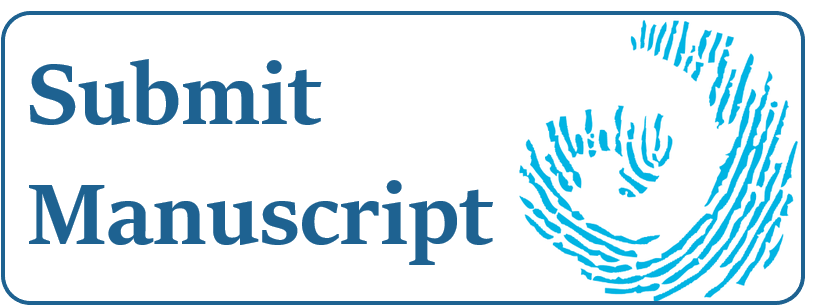Rancière, political theory and activist community appraisal
Abstract
Researchers must continually discriminate between competing sources of evidence, knowledge and theoretical justification, selecting who we believe to be credible informants and what we perceive as reliable testimony. In the keeping of records, particularly in the act of appraisal, we utilise methods of evaluation that reflect the social processes, institutional procedures, and interpersonal influences common to our disciplinary milieu. Viewing activist community recordkeeping and archiving through the lens of Rancière and SMT (Social Movement Theory), this article extends theoretical discussion into areas silent in the archival discourse to date. Activists working in radical community recordkeeping environments and archival situations face political and epistemic choices with regard to how and why they represent certain subjects and materials. The authors explore these contentions through the experiences of two such radical archives: Archimovi, an Italian archive of radical social movements; and the archive in a records continuum sense, the radical recordkeeping of animal activist group Direct Action Everywhere, based in the United States.
From 2022 (Volume 50) authors contributing to Archives & Manuscripts agree to publish their work under the terms of the Creative Commons Attribution-NonCommercial-NoDerivatives License), which permits non-commercial re-use, distribution, and reproduction in any medium, provided the original work is properly cited, and is not altered, transformed, or built upon in any way. Authors retain copyright of their work, with first publication rights granted to A&M.




